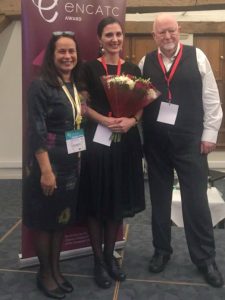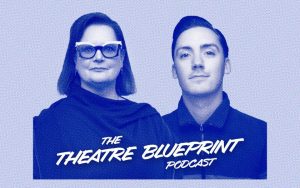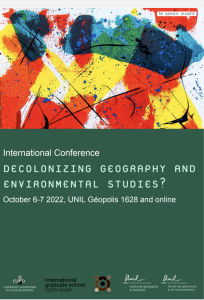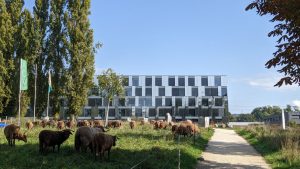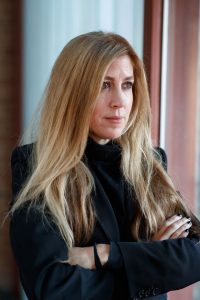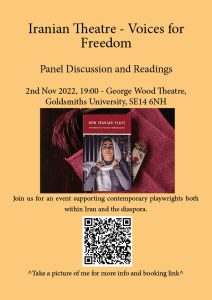
In light of recent events in Iran, indie publisher Aurora Metro is hosting an event “Voices for Freedom”, inviting the public to support contemporary playwrights both within Iran and the diaspora.
Join them for an evening exploring Iranian theatre, including panel discussions with theatre makers and academics, and readings from the collection New Iranian Plays edited by Aubrey Mellor and Cheryl Robson. The event is co-organised with the Institute for Creative and Cultural Entrepreneurship (ICCE) and the Department of Theatre and Performance (TaP), of Goldsmiths, University of London. This will be held at George Wood Theatre, Goldsmiths University.
- Panel discussion with theatre makers and academics – including Sara Amini, Sepy Baghaei, Roshi Nasehi, and Isabella Nefar
- Readings from New Iranian Plays, directed by Fatima Kried
The plays reveal the hearts and minds of Iranian people and offer fascinating, new and original plays to perform. Includes:
Home by Naghmeh Samini – (Iran) translated by Hossein Nazari and Ghazal Ghaziani
A Moment of Silence by Mohammad Yaghoubi – (Iran) translated by Torange Yeghiazarian
Dogs and my Mother’s Bones by Mojgan Khaleghi (Iran)
Isfahan Blues by Torange Yeghiazarian – (Iran-USA)
Shame by Sholeh Wolpe -(Iran-USA)
Manus by Nazanin Sahamizadeh (Iran), Leila Hekmatnia (Iran) & Keyvan Sarreshteh (Iran), translated by Siavash Maghsoudi. Based on Kurdish journalist Behrouz Boochani’s testimonies.
Learn more about the collection here – https://www.aurorametro.com/product/new-iranian-plays/
Learn more about publisher Aurora Metro here – https://www.aurorametro.com/about-us/
Readings directed by Fatima Kried
Fatima is a British Libyan filmmaker, writer and producer based in London. They have cut their teeth producing commercials for major global brands. Their film “Yuluu” a micro animation film, has been picked up by 41 festivals over the last two years. Previously they wrote, produced and directed “Can We Talk?” a commissioned piece by The Albany as part of their SceneMakers Award. Fatima currently works within the Product Creative Studios at Netflix.
The panel
Sara Amini is from Iran, and is now based in London. She studied BA Theatre Directing at Tehran University and MA Performance Making at Goldsmiths, University of London. She also trained with Teatr Pieśń Kozła (Song of the Goat) Theatre Company and Ariane Mnouchkine and Theatre du Soleil. She originally trained as a classical mezzo-soprano singer, also she has experience of folk and jazz singing. Acting credits include; Sinai Orchestra Ensemble’s ‘Yusuf’s’. She was Assistant Directer to James Hillier for Mike Bartlett’s ‘Not Talking’ at Arcola Theatre, and Mohammad Rahmanian’s ‘Horses’, and Produced ‘Lemnos’ at International Fajr Festival. She has guest lectured at Sooreh University and Tehran Art University.
Sepy Baghaei is a theatre director of Iranian heritage. She grew up in Sydney, Australia and is now based in London. She has created work with a range of British theatre companies including: the National Theatre, Almeida Theatre, Sheffield Theatres, English Touring Theatre, and Regent’s Park Open Air Theatre. She is also Associate Director of MENA Arts UK, an organisation for UK-based artists with a connection to the Middle East and North Africa.
Roshi Nasehi is a Welsh born singer-composer of Iranian parentage with a strong track record in live performance, collaboration, recording and workshops. Roshi has received several commissions including the Belonging exhibition at the Museum Of London, BBC Radio 3’s The Verb, So & So Circus Theatre, Birds Eye View, the Southbank 2012 WOW festival and the British Council for whom she presented major public sound art pieces in Kuwait in May 2014.
Isabella Nefar is an Iranian – British actress. Theatre credits include JUDE (Hampstead Theatre), Salomé (National Theatre); and Goats (Royal Court). Her film credits include Small City and Waiting for the Barbarians and television credits include Ransom, Aspirin, and Attori O Corsari.
Nazli Tabatabai-Khatambakhsh is an Opera Libretto Doctoral Artistic Researcher at the Guildhall School of Music and Drama, her practice thesis is titled Iranian Opera: Phoenix Rising the role of collaborative and international librettist. She is an experienced dramaturg of dance and her practice includes circus, visual arts, museum collections and poetry. Her leadership in the intersectional field of Equitable Practices as a facilitator, trainer, coach, mentor and speaker has been recognised internationally including at the New York based International Society of Performing Arts (ISPA) of which she is a grad fellow and a member of the governance committee.
For tickets: https://www.eventbrite.co.uk/e/iranian-theatre-voices-for-freedom-tickets-439093710107
The event is Wed, 2 Nov 2022, 19:00 GMT
George Wood Theatre, Goldsmiths University 25 Laurie Grove London SE14 6NH

